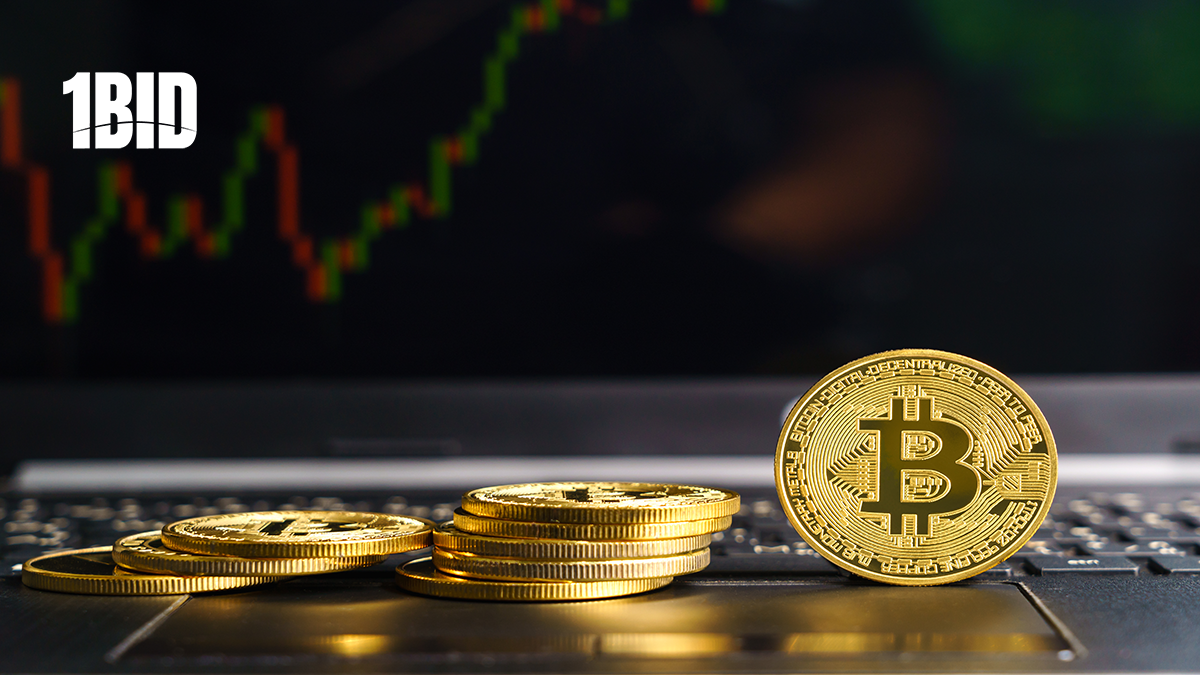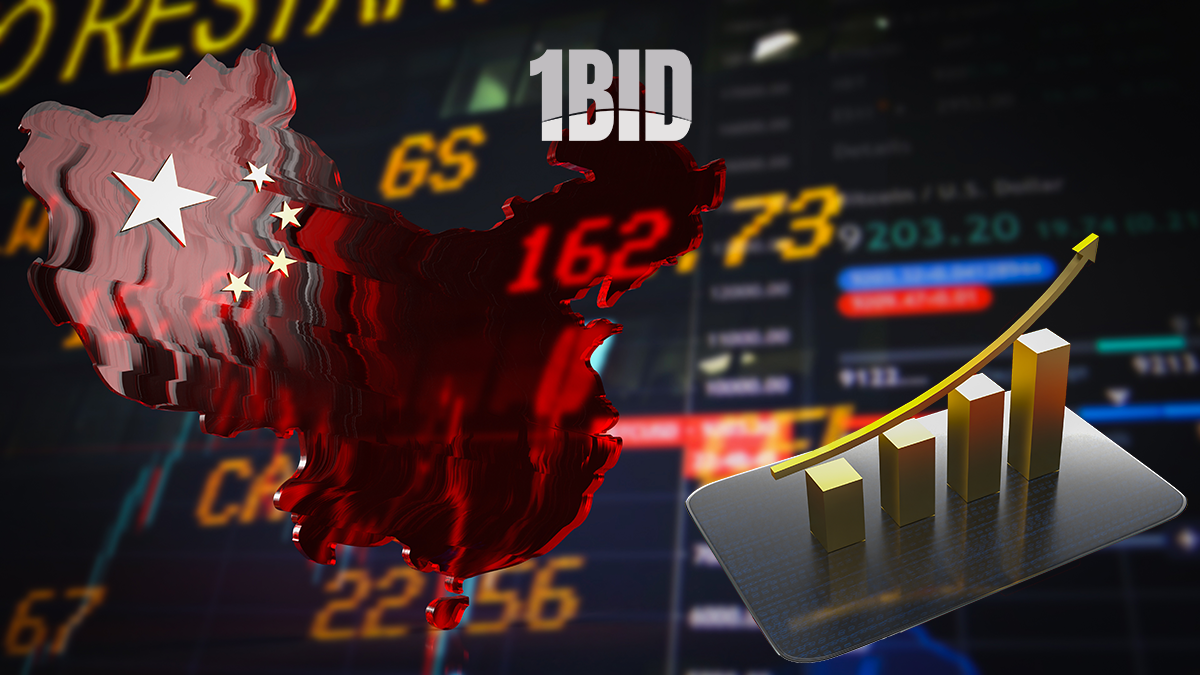This summer, Russia and other countries that are members of the OPEC “cartel” began to cut oil production. Most likely, this was due to the fact that during the coming global crisis, oil quotes would not fall below $80 per barrel, since below this mark, oil companies operate at a loss, not even recouping the cost of its transportation. Most often, on such news, not only large buyers of precious raw materials enter the market, but also stock speculators who are able to push price quotes per barrel far into the sky. But! Even taking into account the fact that at the last meeting of OPEC there was an agreement on a further voluntary reduction in oil production, and Russia is ready to reduce supplies abroad until October, oil keeps the price around $86, and strong demand is not observed. Obviously, you will say that this is a crisis, and at such moments when production suffers, the demand for oil falls. But there is a catch. If you pay attention to the data on crude oil inventories of the main player and consumer, and this is the United States, which are at the lowest levels and continue to decline, then we can conclude that the price is held intentionally. The OPEC countries are artificially trying to create a deficit, and America is doing everything to prevent people from buying oil, selling its shale oil much more expensive and imposing severe restrictions on other countries. So, who will win? And the answer lies in the principles of human essence: the more a person experiences a lack of something, the more he wants. This is the main strategy of the OPEC countries, but the limit to this deficit has not yet been reached.
Invest amid the seize the Bitcoin Boom
Bitcoin is once again approaching its all-time high, yet this surge in price has not significantly increased retail investor interest. Despite hitting $73,562 on October 29, the cryptocurrency's popularity among retail investors remains tepid, with search trends and app rankings showing little change.








